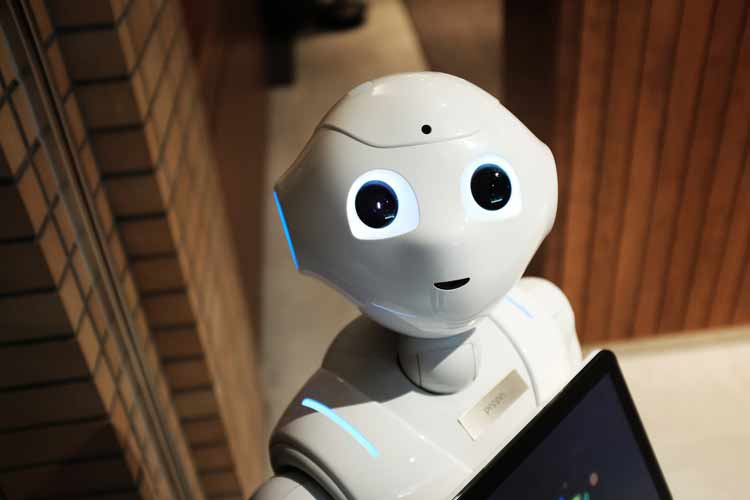What is Artificial Intelligence (AI)?
Artificial Intelligence has rapidly walked into our world. It revolutionized every aspect of daily life.
We can define AI as a branch of computer science. It involves building smart machines capable of performing tasks that typically require human intelligence. By using algorithms, these machines can now solve problems that used to be solved only by humans.
Siri, Alexa, and Google Assistant are all forms of AI. But, AI extends far past voice-activated assistants. Almost all businesses today employ some type of Artificial Intelligence, some more complicated than others.
We can categorize AI as weak or strong. Weak AI is a system designed and trained for a particular task like voice-activated assistants. It can maybe answer your question or obey a programmed command but can't work without human interaction or instruction. Weak AI is also known as "Narrow AI." Narrow AI can be utilized for music recommendation services, spam email filtering, and even autonomous vehicles. However, this type of AI comes with many limitations.
For example, it needs enormous amounts of data to present accurate results. This can be hard because many environments don't meet these requirements. Also, if a given task changes, this can decrease the effectiveness of the system. That is because the AI is programmed to do one particular purpose.
Strong AI is an AI system with generalized human cognitive abilities, meaning it can solve tasks and find solutions without human intervention. A self-driving car is an example of a strong AI that uses a combination of computer vision, image recognition, and deep learning to pilot a vehicle while staying in a given lane and avoiding unexpected obstacles like pedestrians.
Types of Artificial Intelligence (AI)
AI has made its way into the 21st century. As it is a part of our everyday life, it is incredibly crucial to know the different concepts of Artificial Intelligence.
• Reactive Machine AI - This is the most basic type of AI. It includes machines that operate only on the present data. Unlike the other types, they don't have the ability to form memories or use previous and past experiences to inform current decisions. These are the very first types of AI systems. Their only power is to copy and imitate the human stimuli responding.
• Limited Memory AI - This is the second classification of AI. These are machines that have the abilities and capabilities of reactive machines. But, unlike them, they can learn from past data to make present decisions—a large number of existing apps that we know of fall under this category.
• Theory of Mind - This type of AI exists only as a concept. It is the next-level system of Artificial Intelligence that many scientists and researchers are working on. In theory, this is the type of AI that will be able to understand human needs, emotions, thoughts, and beliefs.
• Self- Awareness - While the previous types are somewhat existing, this AI system is only hypothetical. We can classify this system as the final step of AI development. We can define it as an extension of the Theory of Mind AI system. The main goal is to create an AI that has its own emotions, needs, and thoughts. Given the consciousness of the hypothetical AI, it will form an objective AI research.
It is a tool that can optimize any job. This means that any work and daily life will be a combination of humans and Artificial Intelligence. It harpers immense potential to benefit day-to-day life, medicine, and mobility. But we also need to look beyond the technical possibilities. What aim does such progress serve? It's a question programmed AI systems can't yet solve.
Even though we still have a long way to go, AI is already giving fascinating outcomes. It brings us discoveries all the time. It is relative and parallel to human intelligence. It holds lots of promises. It is able to multitask and to memorize and recall information. It offers continuous functions without the need for breaks. This gives the AI ability to make measurements and calculations in no time, to search and find data from massive records and documents. AI is a way to research objectively and make unbiased decisions.
